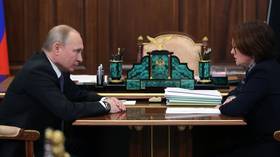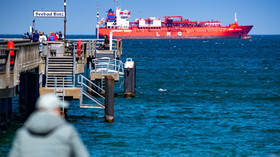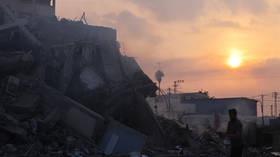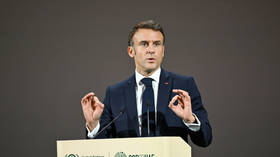Ivan Timofeev: Western sanctions against Russia have failed. What's next?

Foreign media and analysts are increasingly accepting that sanctions against Russia have failed to produce the results that were expected.
But much depends on how we view the effectiveness of sanctions, and on how we determine the concept. There is a classical definition, which implies that it’s determined by the political result, i.e. the impact on the policy course of the target country – be it foreign or domestic. We can see that the penalties have not led to an outcome that would be favorable to the West. On the contrary, Moscow is pursuing its ambitions even more resolutely.
We can also look at the strength of the measures in terms of damage to the target economy, and there has been pain. The sanctions have had a negative impact on trade with our traditional partners in the European Union and other Western countries. But these states also suffer harm, so it’s mutual.
That said, in reality, the damage was not as critical as expected. In March 2022, it was estimated that the Russian economy would shrink by 8-10%, but it registered a decline of about 2%. There were also expectations of rising unemployment due to the departure of Western companies. Today, to the contrary, Russia essentially has full employment and there is even a shortage of labor, for various reasons.
Normal market relations are undoubtedly undermined by sanctions, but the market finds other ways. Business is also shifting to China, India and other countries.
As far as the oil-price threshold is concerned, it is difficult to call these measures effective against Russia. The Americans are trying to monitor the movements of tankers more closely and even block some of them, but this is unlikely to have much effect.
Russia has realized that it needs to rely on its own resources and is building up a sovereign tanker fleet. Obviously, officials are taking into account the experience of Iran and a number of other countries. So I do not think that the oil-price cap will have a fundamental impact. Of course, it increases costs that would not be there if market relations were normal and not politicized, but it’s not fatal.
There will, of course, be new measures – not only because the current ones are ineffective but also because this is now a runaway train that cannot be stopped. Western sanctions against Russia will be expanded both for domestic political reasons and more generally as a foreign-policy measure to symbolize that the collective effort of trying to contain Russia is ongoing. The most important of these will be the extension of the lists of blocked persons, and export-control lists.
The impact of such measures on the Russian economy has already become routine: the market has gotten used to sanctions and the perception of the punitive actions has even atrophied. Undoubtedly, they will continue to hurt individuals and certain companies, but the country has adapted to a new algorithm. There is an understanding that sanctions are here to stay, and no one has any illusions that they will be lifted or eased. So we are living and working in this new reality.






















